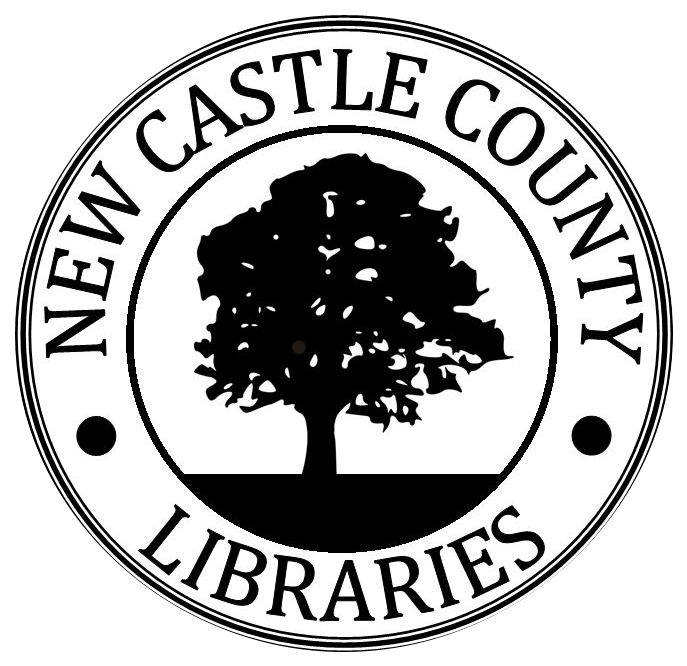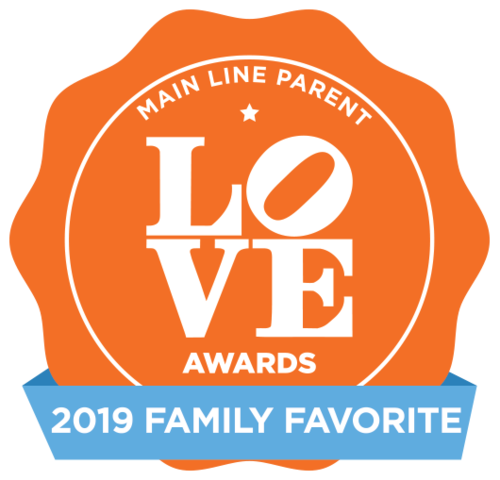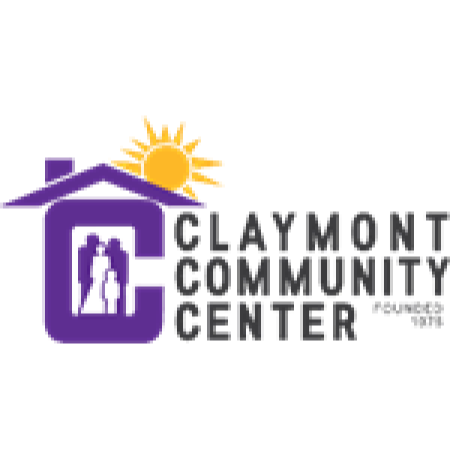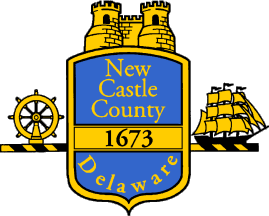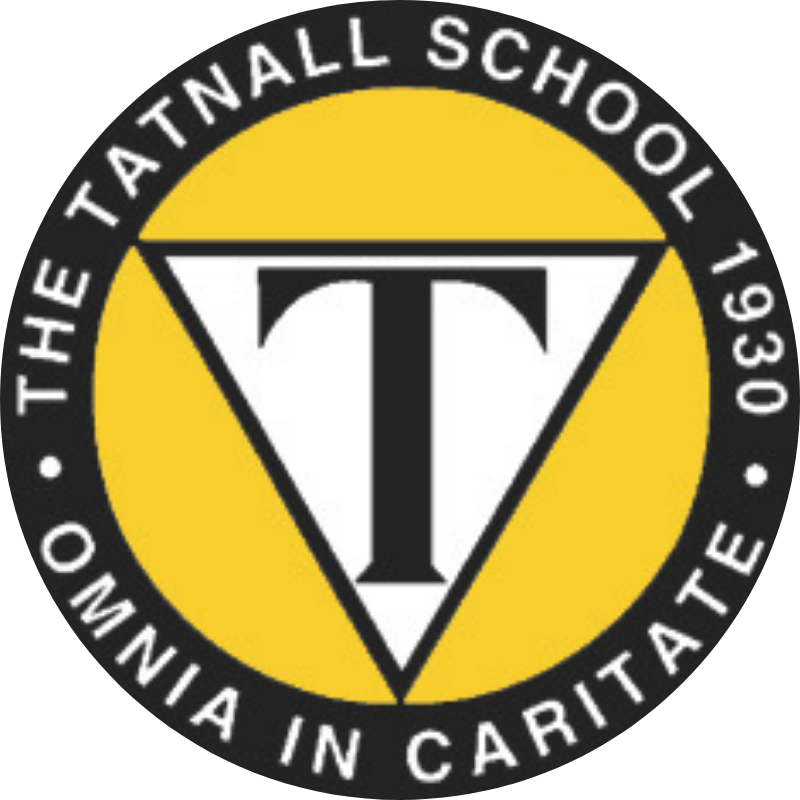A Reflection from a Great-Grand Daughter of Immigrants
/Indeed, Francie was the only one in her classroom whose parents were American-born. At the beginning of the term, Teacher called the roll and asked each child her lineage. The answers were typical.
"I'm Polish-American. My father was born in Warsaw."
"Irish-American. Me fayther and mither were born in County Cork."
When Nolan was called, Francie answered proudly: "I'm an American."
"I know you're American," said the easily exasperated teacher. "But what's your nationality?"
"American!" insisted Francie even more proudly.
"Will you tell me what your parents are or do I have to send you to the principal?"
"My parents are American. They were born in Brooklyn."
All the children turned around to look at a little girl whose parents had not come from the old country. And when Teacher said, "Brooklyn? Hm. I guess that makes you American, all right,"
Francie was proud and happy. How wonderful was Brooklyn, she thought, when just being born there automatically made you an American!
Excerpt from “A Tree Grows in Brooklyn,” by Betty Smith (1943)
My 92-year-old grandmother isn’t one for reading novels. She’s much happier sorting through local newspapers, spreading out the columns and clippings of Philadelphian opinions, county sports scores and neighborhood grumblings on her kitchen table. One of her favorites to read through is a local Italian-American newspaper. Say what you will, but for her, it is one of the only things on this earth that understands her on an identity level anymore. And that’s important at her age and honestly, it’s important at any age. As she reads, she sets aside anything she believes I might find interesting. She does this partially because of my interest in languages, but mainly so she can explain why it was worth saving.
Growing up in a home full of Sicilian banter, she enjoys explaining why one such article or another was reminiscent of her childhood. I can’t help but imagine her growing up in South Philadelphia with her parents and eight siblings in a three-bedroom house. One bathroom. One. Bathroom. Her mother and father immigrated from Messina, Sicily. Although they all spoke Sicilian together and my grandmother married an Italian-American man, whose parents were from Naples and Sicily, Sicilian was never something my mother knew. She could have been fluent. I myself could have at least understood it. But I never learned and neither did my mother. And now my grandmother only seems to recall phrases and words that are associated with her memories.
Some of grandmothers siblings.
All nine living siblings of my grandmother.
She is smiling in the front middle.
Over the years, I have recommended various books to my grandmother, but thus far, all have failed to peak her interest, except for “A Tree Grows in Brooklyn.” As she read, she related her own stories that were starkly similar to that of the impoverished Irish-American family, living in Brooklyn at the same time my grandmother’s eldest sister was born in South Philly. I had thought of my grandmother on every page of that novel because it truly did read like one of her stories. The poverty. The identity crises. The alienation from others. When my grandmother and her siblings grew up to have families of their own, no one spoke Italian in the home. No second thoughts on this. My grand mom thinks this is all absolutely acceptable. I just asked her again.
(Sitting in the center) My grandmother’s parents from Sicily, surrounded by family.
And here I am two generations later trying to get back to the place where this all began. I want to identify and learn from my ancestors who took all of their belongings and left their homes, just to live in poverty again with a new life in a new place. I am not simplifying their feat, I am just curious about their adventure. For me, learning the language of my grandmother and my great grandparents seems like one of the only ways to connect to them now. I believe in a way, we as Americans today would all like to know and understand our ancestors’ journeys, to not only understand our families and the past, but also so we can understand ourselves.
Although creating Language University hasn’t filled in the gaps of my ancestral history, I do believe that having my focus on people, languages and cultures has made me more inquisitive, when it comes to my grandmother and to others. And I hope my program encourages families to develop their own intrigue and to learn more about their own ancestors and cultures. I believe learning a second language inspires families to travel more and to be more reflective about life. Having that openness towards others, combined with the humbleness of learning a second language, allows us to better empathize with one another’s journeys. For me, this understanding is one of the greatest feelings of humanity. Maybe I will never know my ancestors in the way I would like, but I hope I can inspire others to unearth their own families’ histories and to see what we can all learn from one another as a country of immigrants.





